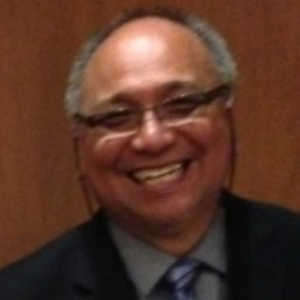Dr. Amy Barden is the first Chief of Seattle’s third public safety department, called CARE (Community Assisted Response & Engagement). She directs the work of Seattle 911 and the CARE community crisis responders, behavioral health specialists responding to appropriate 911 calls. Amy holds advanced degrees in ethical leadership, administration, and organizational learning, most recently completing a doctorate at Vanderbilt University where she honed skills in data science and behavioral research. Prior to this role she spent twenty years in leadership at human service organizations in Washington, Oregon, Pennsylvania, and Ohio, consistently driving positive change to ensure more people are availed of services and interventions that work.
Amy has been valued for her aptitude in community-driven design, cross-team collaboration across a wide range of stakeholder groups, and demonstrated belief that every life has equal value. She is a member of the Seattle University Criminal Justice Advisory Council, the Georgetown Law Alternative Response Research Collective, and sits on the CSG Expanding First Response National Commission and the YouthCare Board of Directors.
Summary
With our growing understanding of human behavior, cognition, and neuroscience, the time has come to consider patterns of crime and crisis in the same terms. Destructive and self-destructive cycles should be interrupted, and lasting change requires both accountability and support. We must design a complete and balanced system of first response that provides deflection and diversion pathways and reserves the coercive arm of the law for when those efforts have failed.
The City of Seattle has established a third public safety department housing community crisis responders, diversion specialists, and Seattle 911, which serves to center call data in public safety design. Learn how to operationalize criteria-based dispatch to provide the best first response, then swiftly refer an individual to the right resource. We must advance change in behavioral health treatment centers, jails, and prisons to ensure that first responders are intervening to heal and to redirect rather than to punish. People can and do change.




